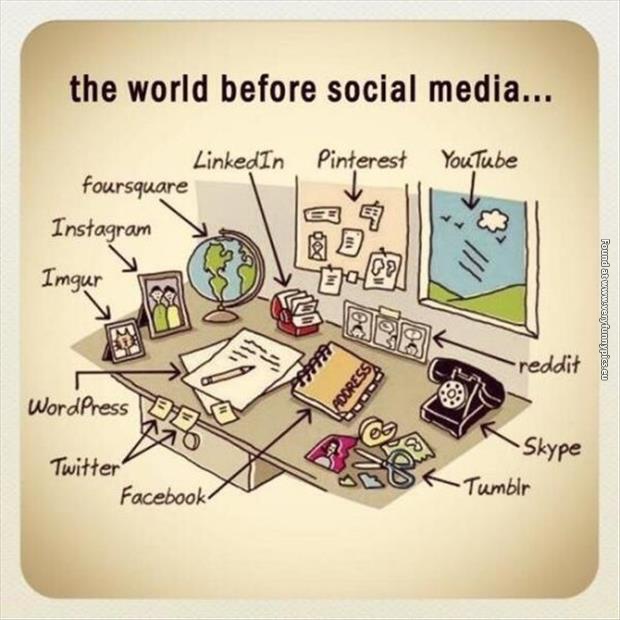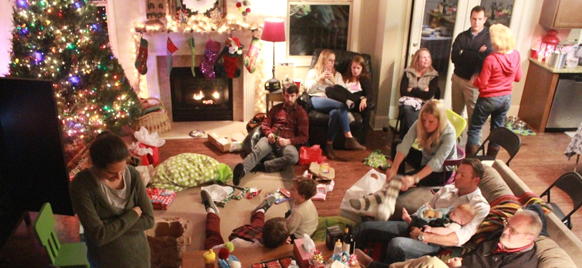
USING VIDEO FEEDBACK IN CBT FOR SOCIAL ANXIETY
The Cost of Misperception
One of the key components that maintains Social Anxiety Disorder over time is a pervasive negative self-image and related self-critical thoughts that are activated in social situations. Once activated, this negative self-image often leads to overly negative misperceptions of how one is coming across to others during social… Continue reading














